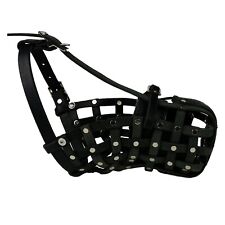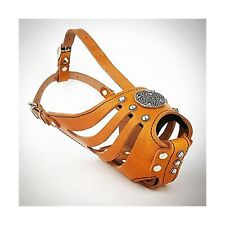What Every Cat Owner Needs to Know About Feline Kidney Disease

Sadly, cancer isn’t the only silent killer of our pets. Kidney disease is very common in cats. In fact, it is the number one killer of cats in the United States. Here’s what every cat owner needs to know about feline kidney disease.
1. Healthy Kidneys are Crucial to Quality of Life
Your cat’s kidneys are a complex filtration system that removes blood wastes that are generated from the break down of medications, toxins, food, and old cells in your cat’s system. Like other mammals, cats have two kidneys that also regulate vitamin D and calcium metabolism, as well as blood pressure. Due to the many purposes and functions of the kidneys, cats who have kidney disease may display a variety of symptoms. Unfortunately, they are experts at hiding these symptoms until they become very ill.
2. Why it Takes Time for the Signs of Kidney Disease to Show Up
Your cat’s kidneys are made up of tiny nephrons. As part of the natural aging process, or when the kidneys become damaged, the nephrons begin to die off and other replacement nephrons take their place. Once there are no additional nephrons available, the cat may begin to show signs of kidneys that include things like anemia, increased thirst, weight loss, and loss of appetite. Unfortunately, this doesn’t begin to happen until 75% of the kidney function is gone. This is why it’s so important to be observant of changes in your cat’s behavior and to provide yearly veterinary checkups. The sooner issues are detected the higher the likelihood of a positive outcome.
3. Feline Kidney Disease Can Often be Prevented
Kidney disease can be caused by a variety of things, including poor nutrition, toxins, cancer, and birth defects to name a few. Regular checkups are crucial for preventing the disease or catching it in its earliest stages.
4. Kidney Disease Can Often be Treated
The severity of the cat’s kidney disease determines which treatments are needed. Medication, fluid therapy, dietary management, and dialysis are the most common forms of treatment. Low protein, salt, and phosphorous diets are usually prescribed. Your doctor may also recommend a lower protein diet if early renal insufficiency is discovered.













